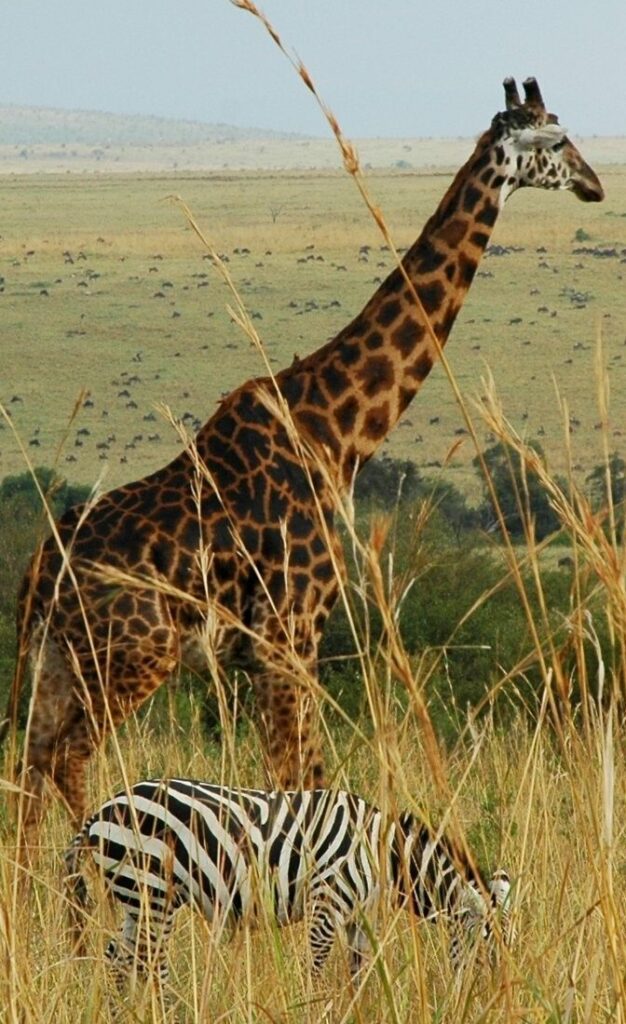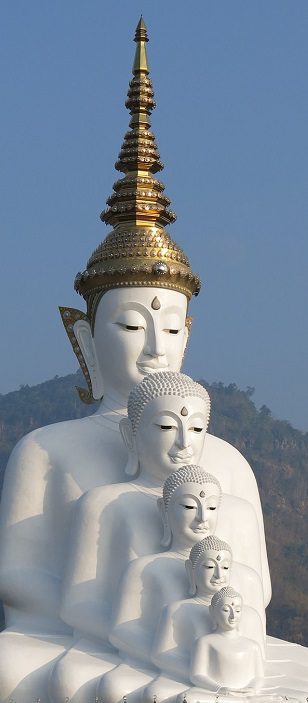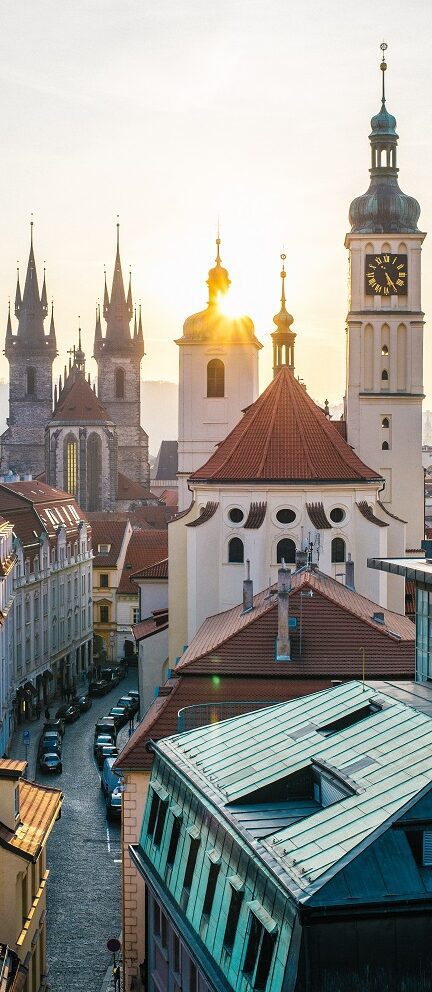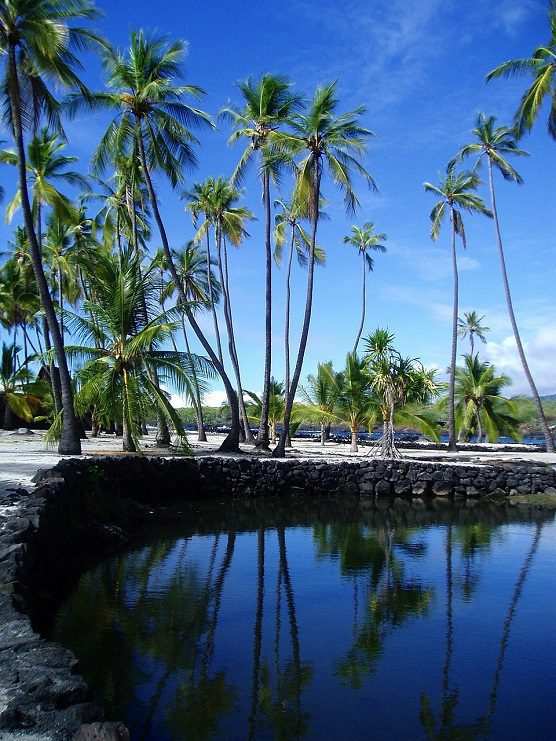Want to climb a 5,000m peak? Mount Kazbek in Georgia is closer than most, and it’s stunningly photogenic too
So, why Georgia? Well the answer’s not a word, it’s a number: 5,047. Relative to the UK, the Caucasus is one of the closest places to find mountains above the 5,000m mark, and that 5,047 is the height in metres of one of the most visually arresting and user-friendly peaks of its kind too. But don’t take my word for it. Have a click around yourself, and you’ll see how effectively the metric system divides up mountain ranges across the world. Look for the famous 4,000-ers and you’ll find yourself in France, Italy and Switzerland. Up the figure to 5,000 and suddenly you’re in Pakistan, the Yukon, Ecuador, Iran and – a smidgen closer than the rest – Georgia. In short: if you want to climb higher than you can in the Alps, then this is one of the most logical places to do it.
That’s ‘logical,’ not ‘popular.’ If you know much about the Caucasus, then you’re in the minority. It’s not really discussed in Britain, and mountaineering teams visiting the region tend to be made up of local Georgians and Russians, closely followed by Polish climbers culturally bound by a shared history under the USSR. If you’ve heard of any peak here it’s probably Elbrus, the historically-overlooked (in the west, at least) 5,642m twin-peaked volcano which sits on the Russian side of the range and, at over 800m taller than Mont Blanc, is often quoted as being the ‘true’ summit of Europe.
But although that makes for a great life tick, I’d suggest looking a little – and only a little – further afield, because if you’re building up your experience levels outside of the Alps, then a peak like Kazbek is custom-made for you. Its volcanic and glaciated slopes offer that impressive height gain into new metric territory in a package that’s challenging enough to stretch your tolerance for altitude, suffering and hard work, yet not technically overwhelming enough to preclude those of us to whom low-grade Scottish winter routes represent the pinnacle of our achievements. It’s a peach to look at, too.







